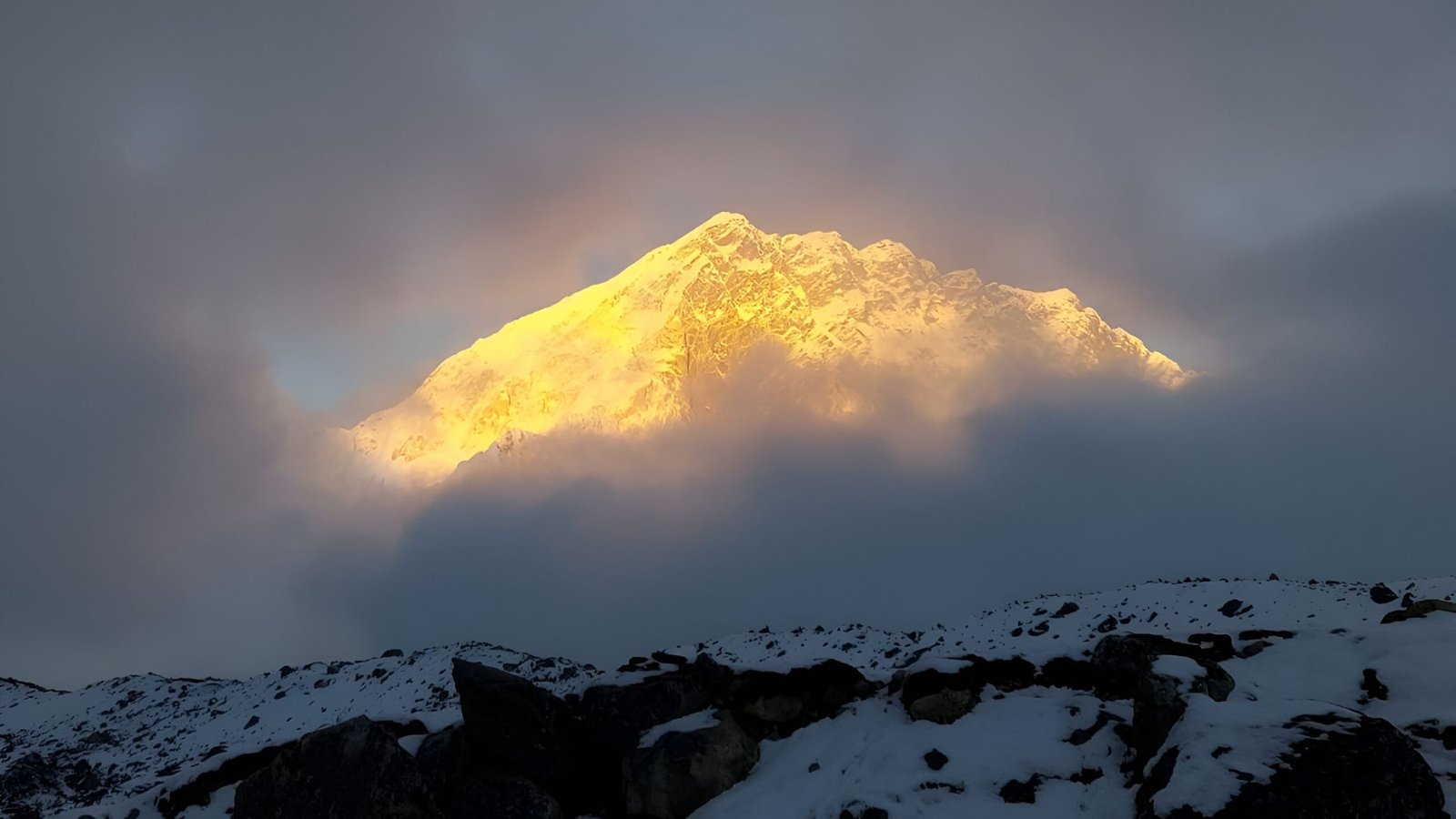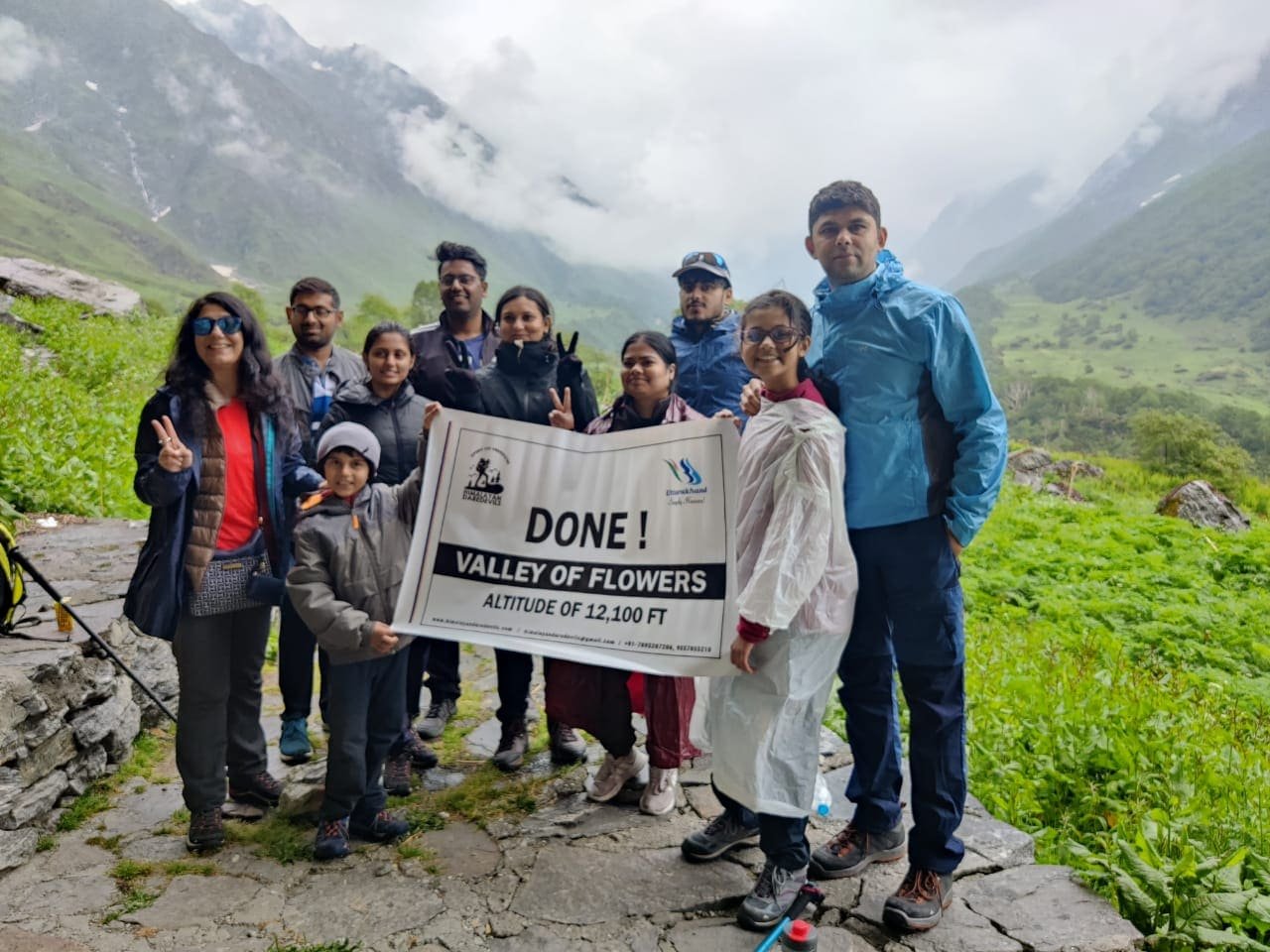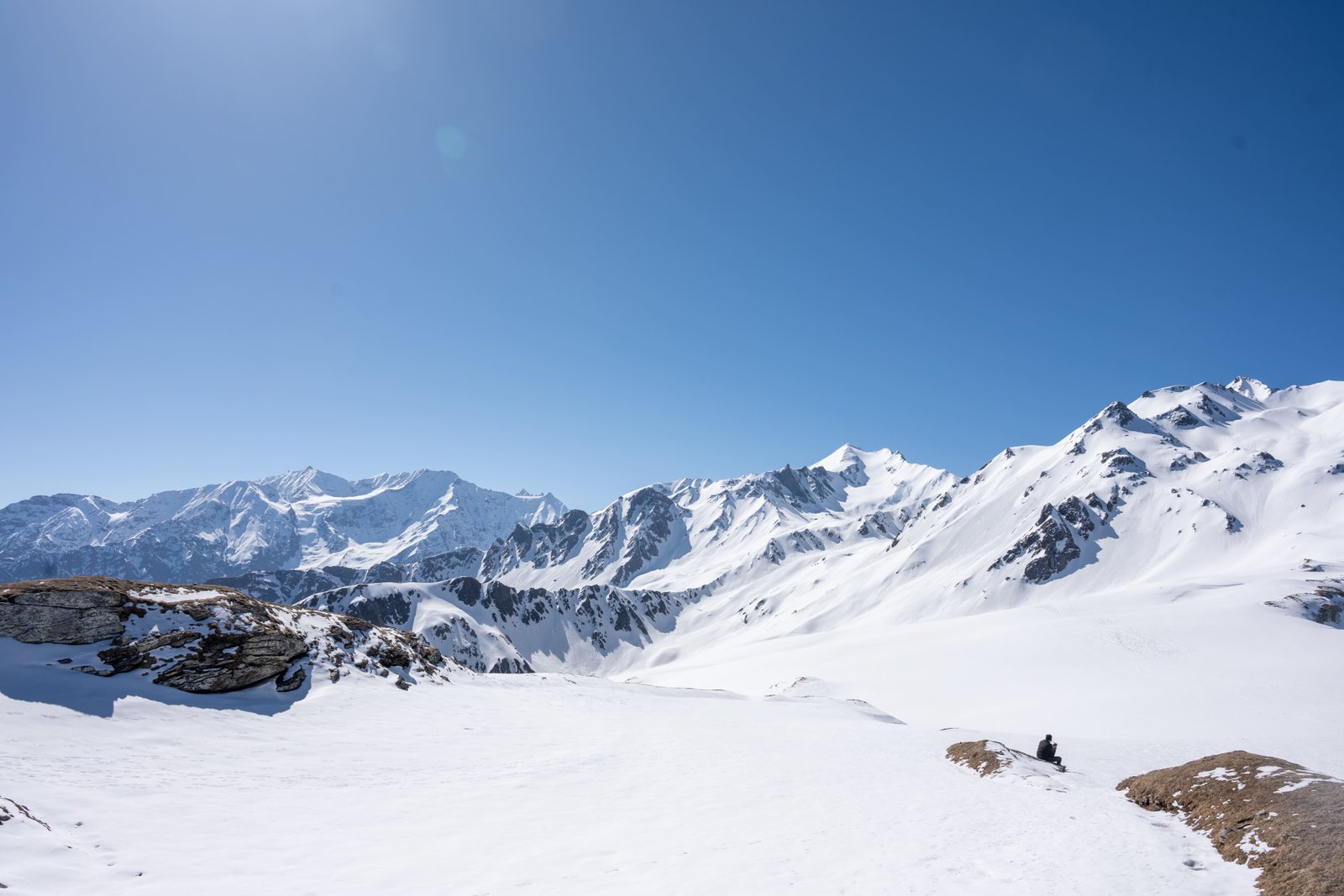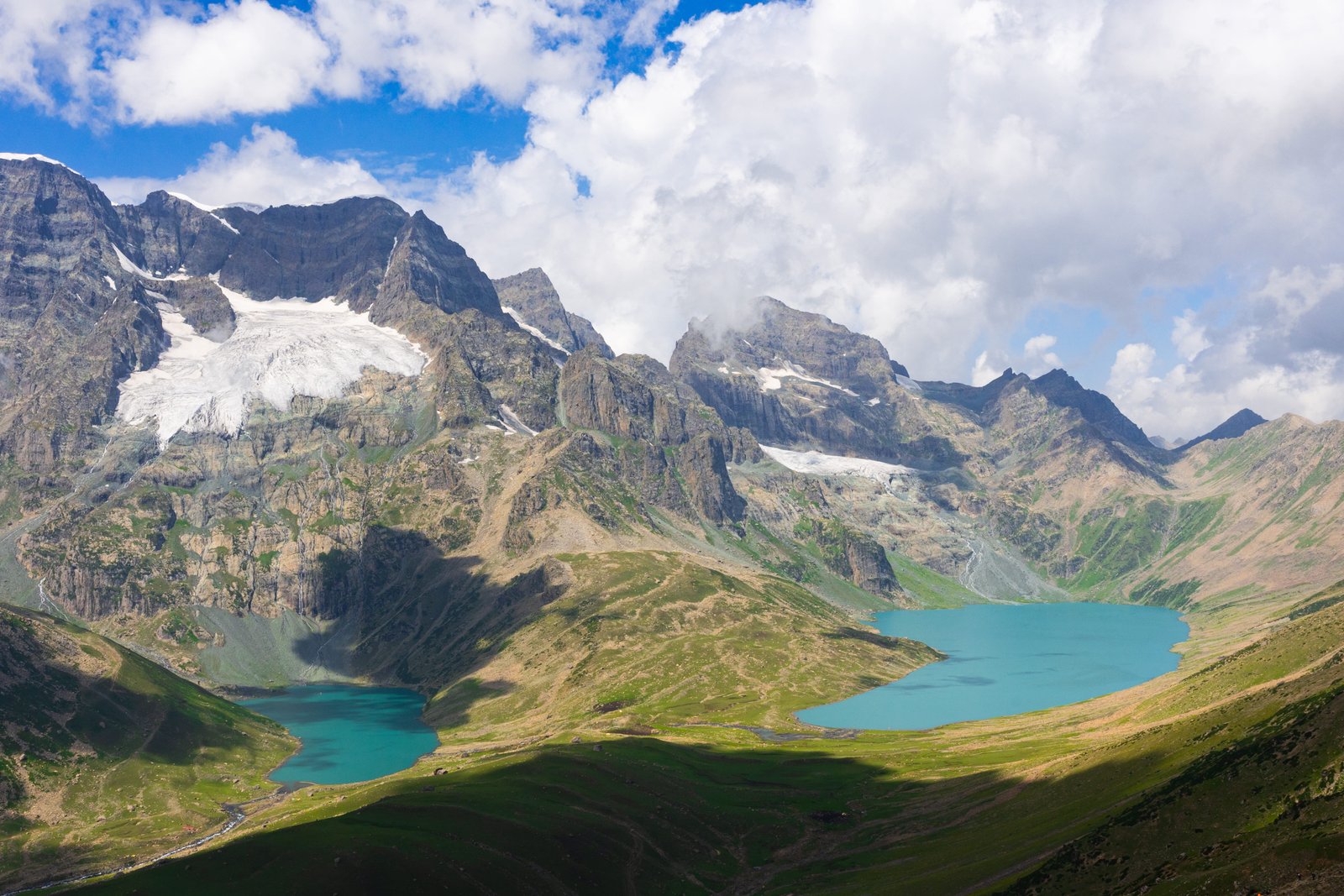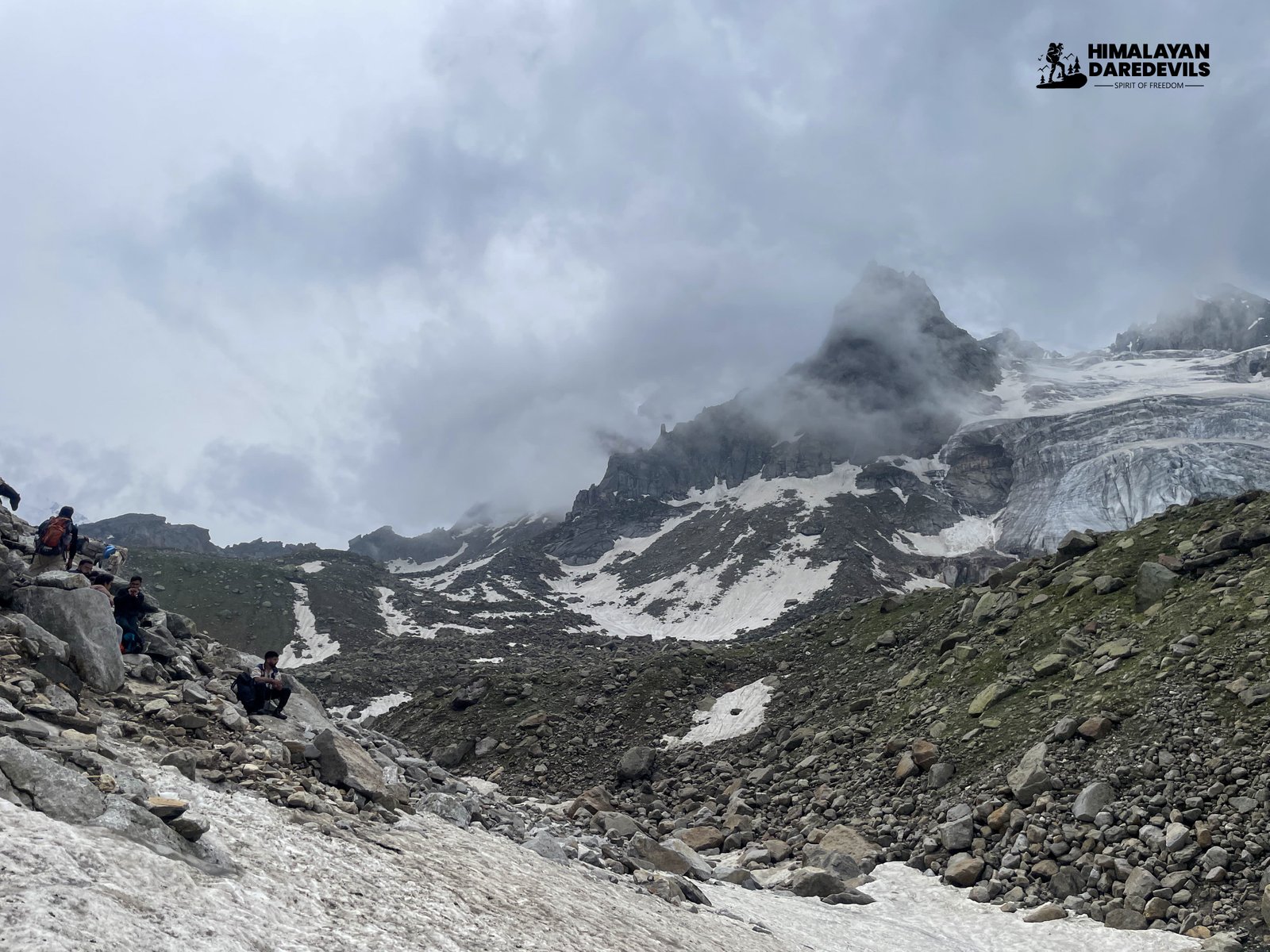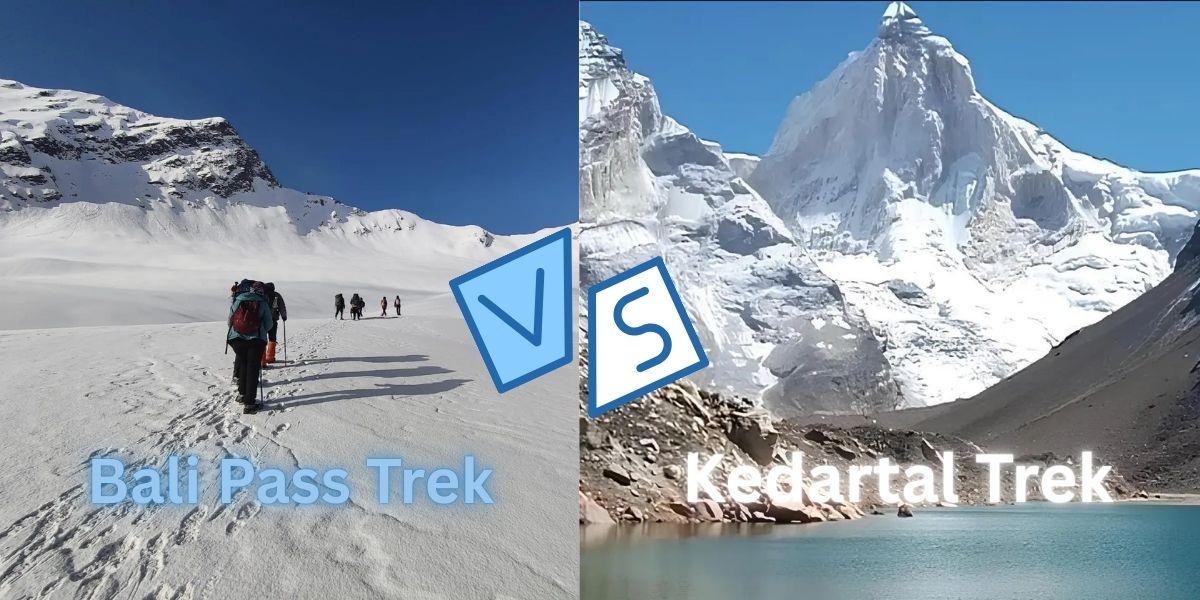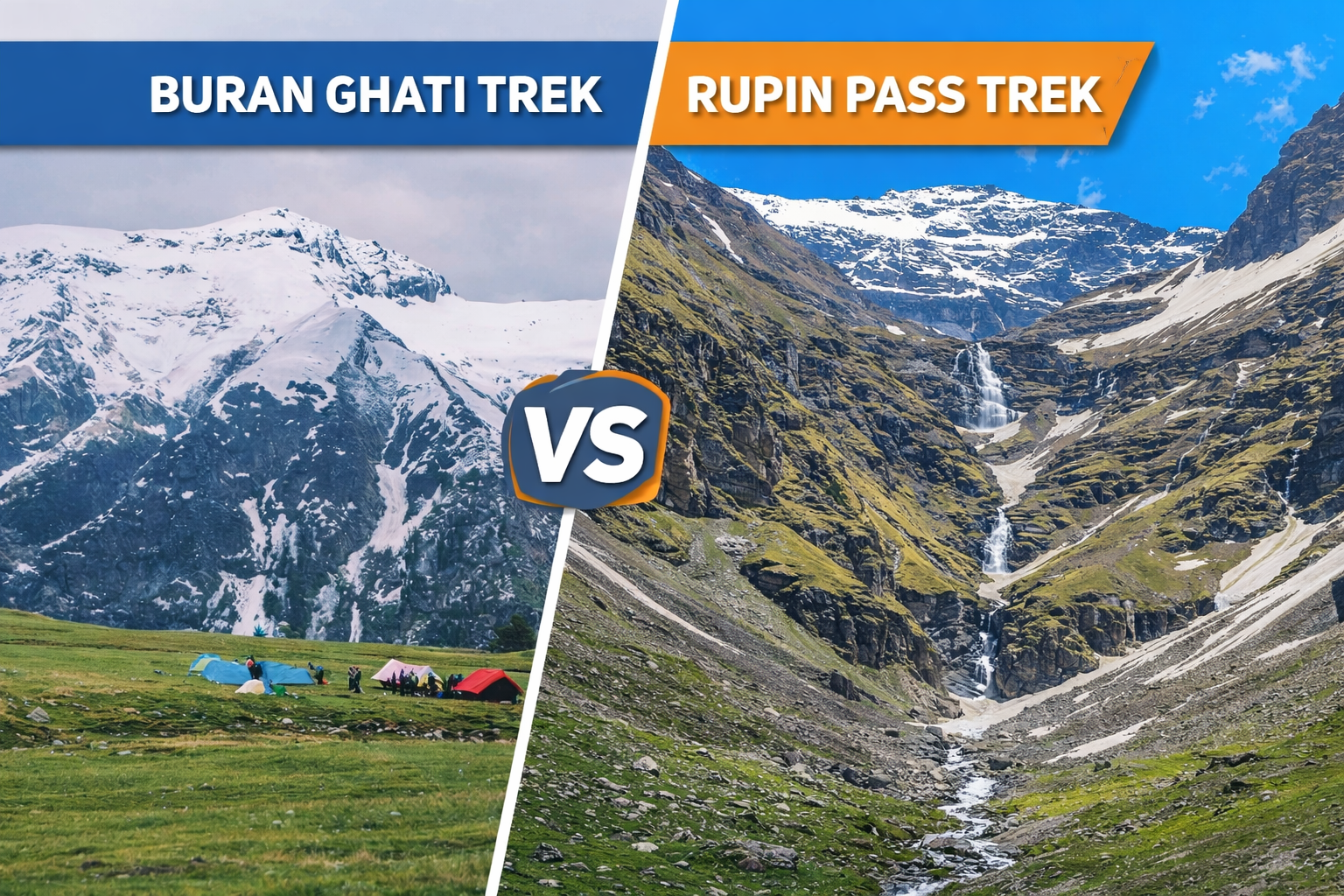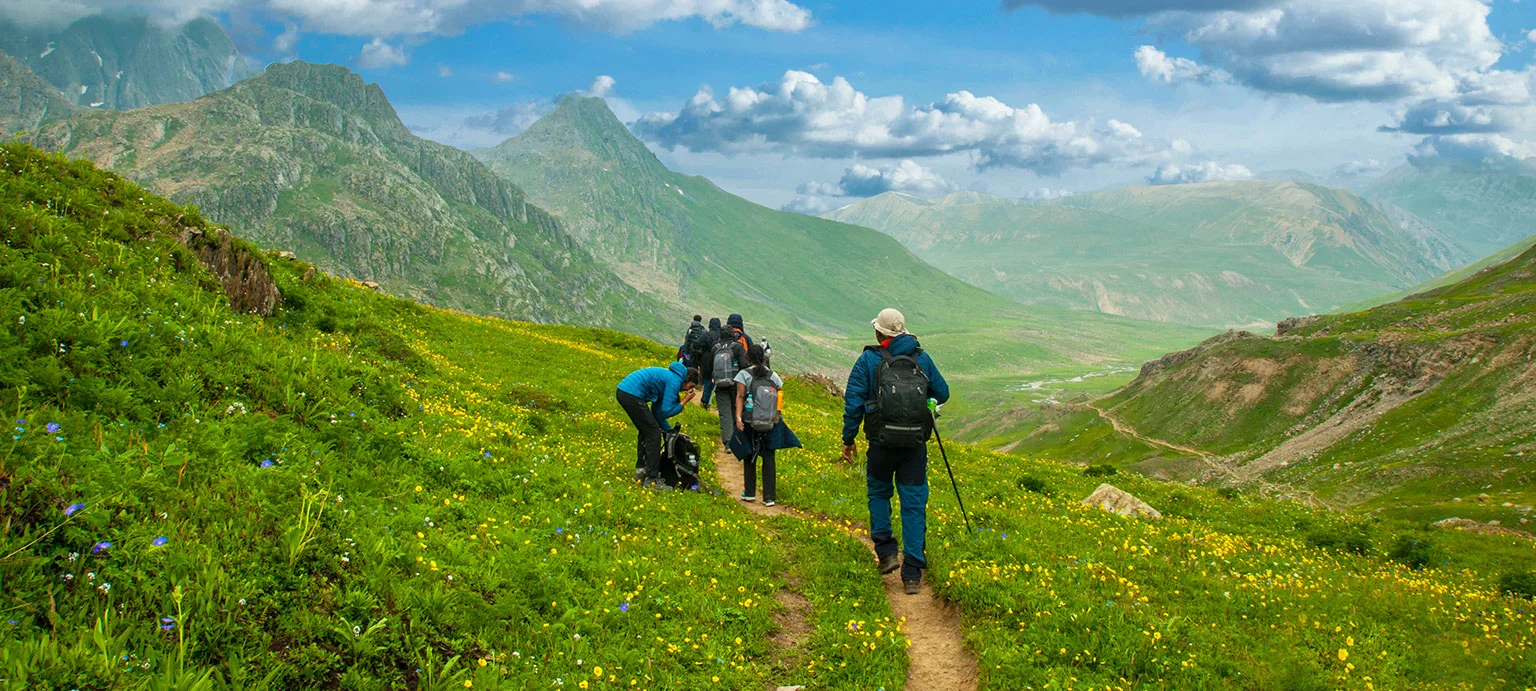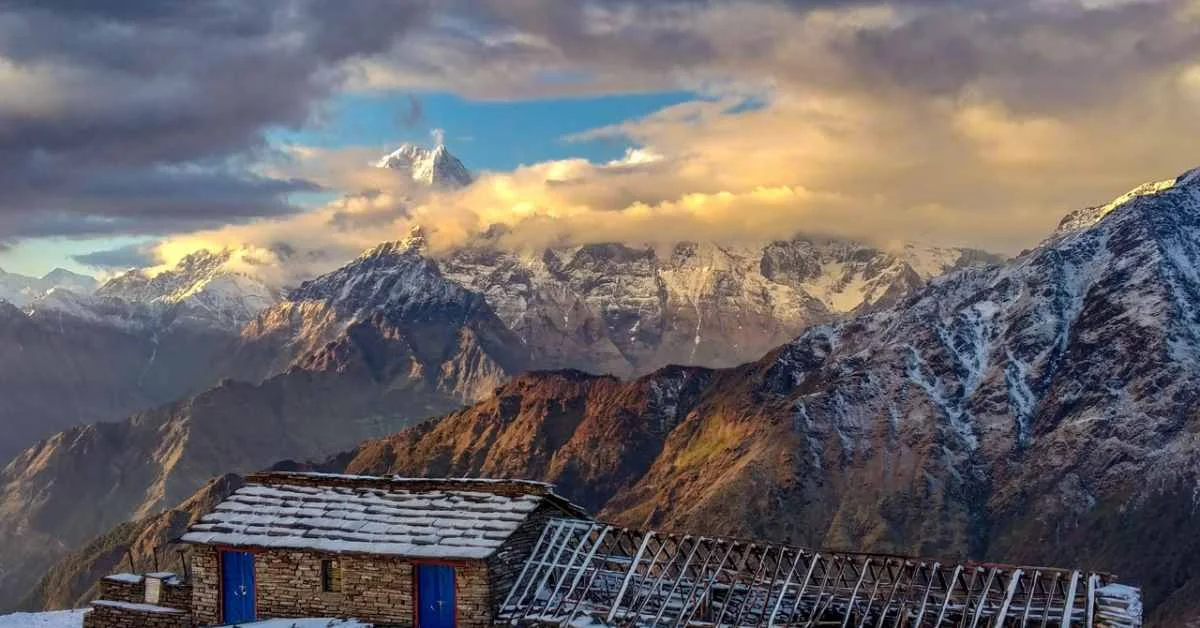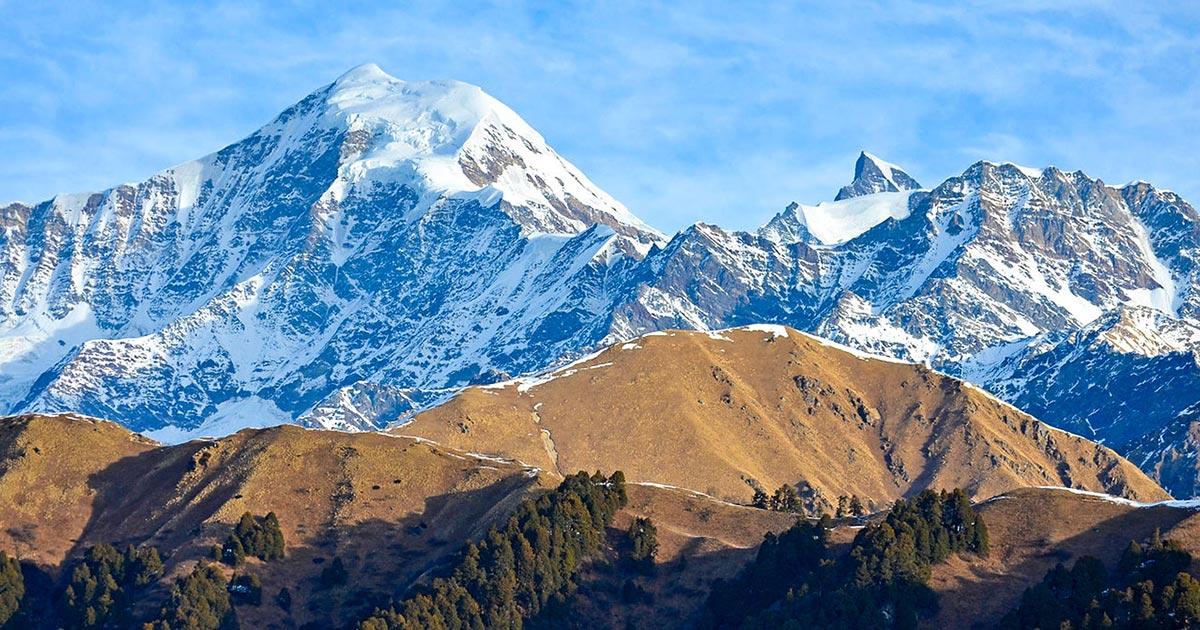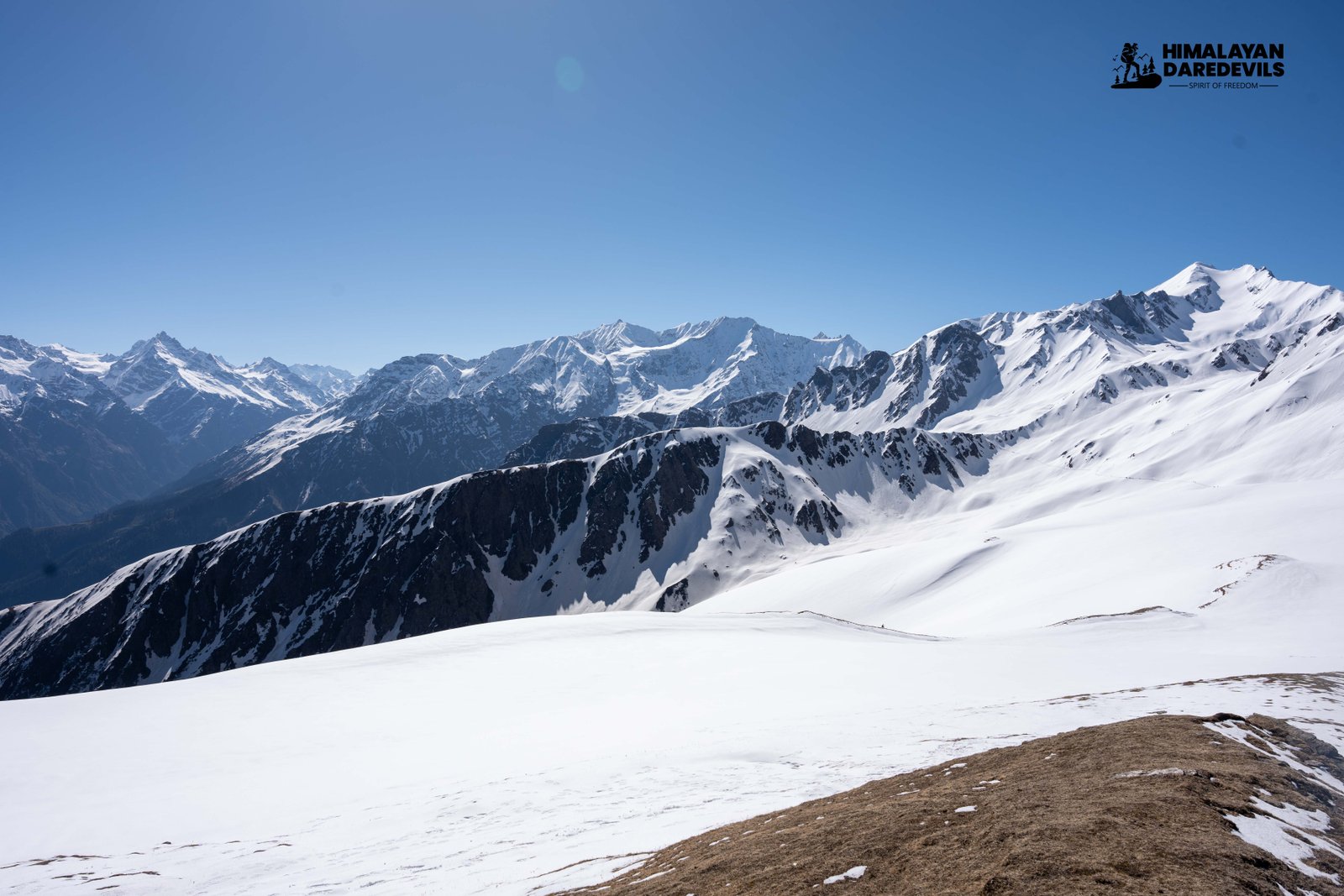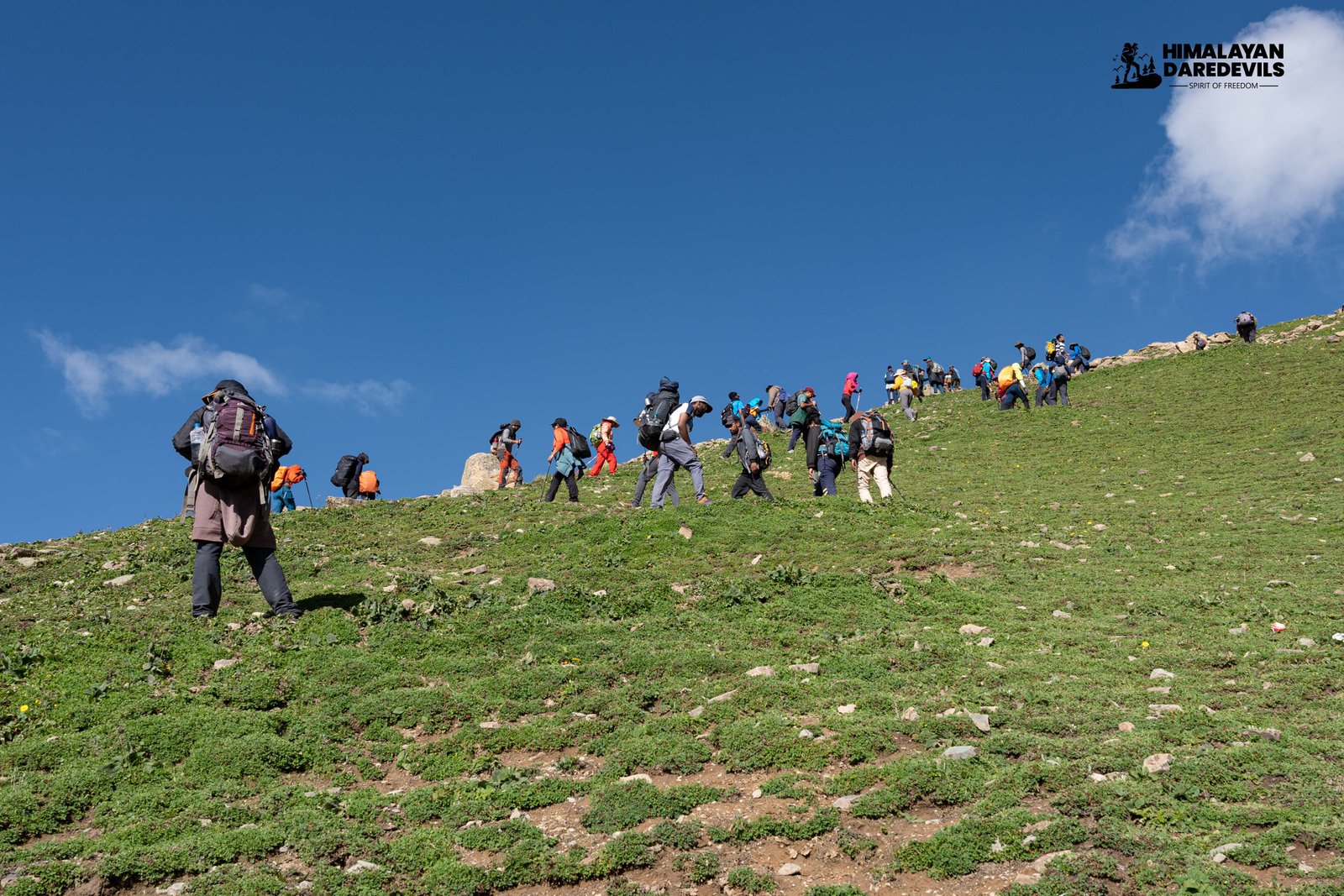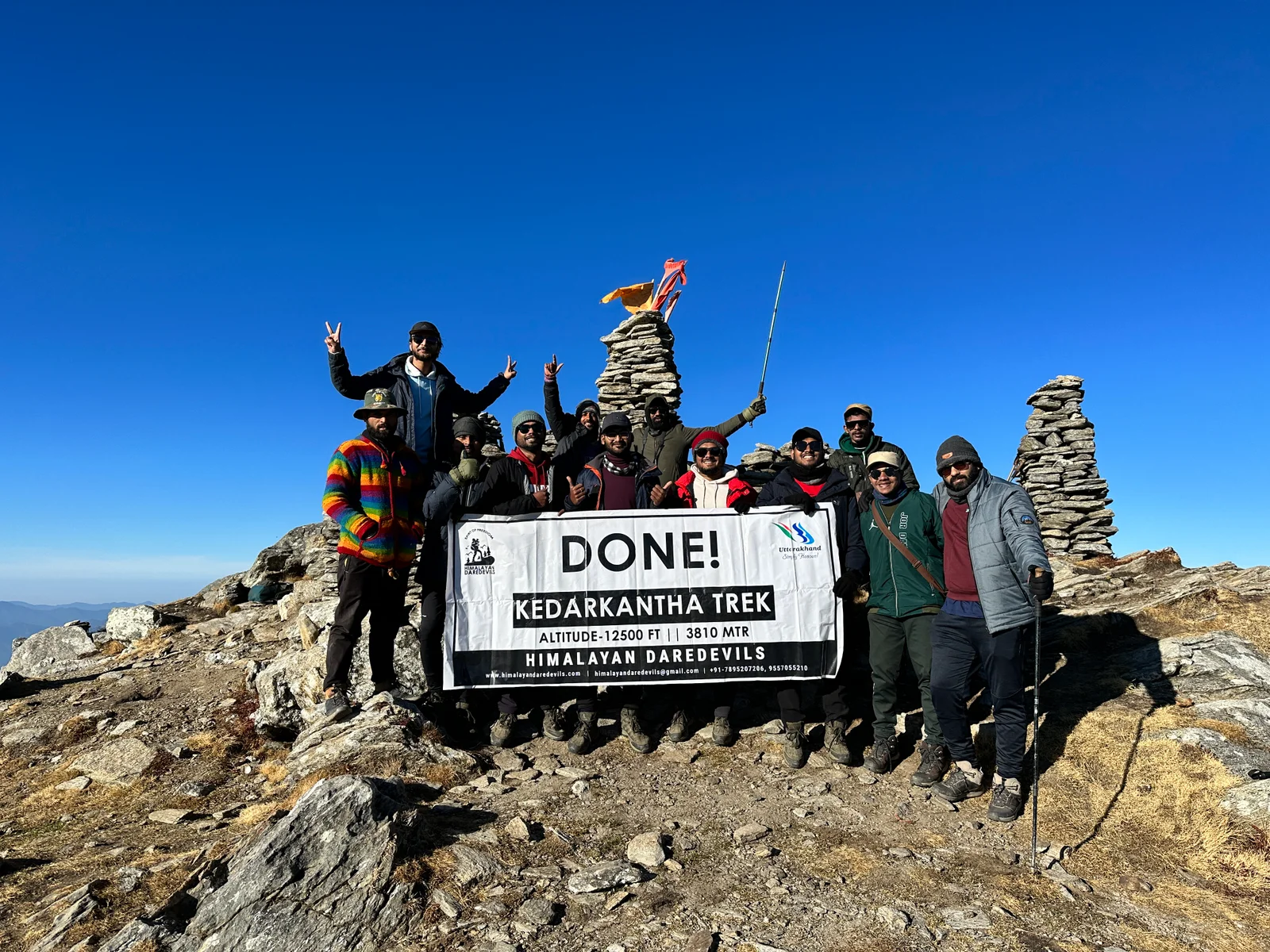13 February 2025
Everest Base Camp trek (EBC) is a popular choice for many trekkers from around the globe. This is because the trek to the base camp alongside the stunning view from 5,364 meters of the majestic ranges of the Himalayas is simply fascinating. However, one of the most fundamental questions that arises is whether this adventure is best explored independently or with a guided group.
With a guided trek, the trekkers can avoid the biting cold and exhaustion, as they can be assured of expert route guidance, trip organization, and local knowledge of the area. This is especially useful for a group of trekkers that are attempting the Mt. Everest Base Camp trip for the first time. On the other hand, a solo trek offers trekkers freedom, flexibility, and a much stronger sense of nature’s beauty – but it also requires that these trekkers plan their routes in advance along with permits and understand potential dangers.
Both types of treks have their own unique ways of offering an Everest experience, and choosing the right one depends on factors such as experience, budget, and personal preference. If you seek adventure, challenge, or personal growth, the Everest Base Camp trek is the ideal option. This guide aims to highlight the importance of both solo and guided treks to Mt. Everest Base Camp, along with the additional tips that can help a trekker while exploring Everest base camp.
What Makes the Everest Base Camp Trek Unique?
The Everest Base Camp (EBC) Trek is a remarkable adventure that is equally prestigious. Its greatest distinction lies in the diverse environments, challenging routes, and physical demands that test both your body and psyche.
Every stage of the journey has something new to be awe at, from the green trees lining the trek to the snow-capped landscapes surrounding the Base camp of Everest. Trekkers enjoy delightful suspension bridges while walking alongside the roaring river and passing through captivating Sherpa villages. The once-in-a-lifetime experience of witnessing Mt. Everest, is bound to be etched in your memory forever. While ascending, every step becomes a challenge because the trek becomes steep.
The Everest Base Camp trek is not for the faint-hearted or those with low endurance. The challenge begins at an altitude of 5,364 meters, which in itself is rather high, but it is the lack of oxygen at that level which is most concerning. Besides the dangerously low oxygen levels, the endless trekking hours, unbearable freezing weather conditions, and the unpredictable nature of the climate. But with every challenge, there is a reward to enjoy after completing the Everest Base Camp trek.
Trekking with a Guide: Why It's a Smart Choice
A thrilling vacation can be enhanced by having a professional guide on your next Everest Base Camp (EBC) trek, as this will make the entire experience much more smoother, safer, and more enriching. While it may seem unusual at first, but the facts prove that hiring a guide for your Mt. Everest Base Camp trip is indeed a wise decision.
Different slopes exist on Basecamp Everest, which means that some of them can be quite challenging, even without considering the changing weather conditions. A guide is essential because they ensure that you are on the most favorable and safest route by modifying the itinerary.
When at dangerous heights, there are always risks of altitude sickness and extremely low temperatures. An experienced guide will constantly keep track of your well-being, apply preliminary medicine, and make changes accordingly.
Fascinating narratives about Sherpa culture, monasteries, and the history of the region are shared by guides who likely come from the area, which broadens your Everest experience beyond mere trekking.
A guide will handle all the logistical matters, allowing you to relax and concentrate on enjoying the trek. A guide will make the reservations for the finest tea houses and ensure that all necessary permits are acquired.
Everest Base Camp Solo Trekking: Embracing Freedom with Risks
For self-sufficient and adventurous travel, being solo on an Everest Base Camp (EBC) trek offers an unparalleled sense of freedom. Such an approach of doing a trek gives you personal freedom, but comes with a price of potential challenges.
Solo trekking offers a fully personalized journey, guided by your own schedule. No need to worry about a specific time period for trekking. You can take as many additional rest days as you desire, or even go off the designated routes to explore other trails. With no limits on where you can go, you can enjoy a more captivating view of the Everest Base Camp and fully appreciate the beauty of the Himalayas.
Even though the trails to Basecamp Everest are well defined and mapped, bad weather, or even trekking in the off season can make things tough. Solo trekkers must rely on GPS, maps, or even seek help from locals.
A lack of expert knowledge makes a trekker vulnerable to various risks, such as altitude sickness, exhaustion, and unpredictable weather changes, like drastic temperature shifts or unexpected rain. Without a guide, specialized rescuer, or a tracker, the trekker can face significant challenges. The task of obtaining permits as well as lodgings and meals needs to be done by individuals.
A rewarding achievement, such as trekking to the Mt. Everest Base requires a lot of planning, and survival instinct.
Factors to Consider Between Trekking Guide or Solo Trekking for Everest Base Camp
Below are the differences that will assist you in making the decision:
1. Planning a Route and Navigation
Guided Trek: A guide ensures you navigate through the right paths, do not take wrong turns, and even manage the route according to the weather.
Solo Trek: Basecamp Everest is well marked for the most parts. However, risk of getting lost is a possibility when there is fog, snow, or during the off seasons especially without proper guidance.
2. Risk Management and Safety
Guided Trek: Guides are specially trained to altitude sickness, injuries, and any other emergencies. They also track your health condition and provide immediate assistance wherever needed.
Solo Trek: If you are exploring this magnificent trek on your own, you need to be prepared to recognise your own altitude sickness symptoms, carry personal medical supplies, and have an evacuation strategy planned.
3. Permits and Logistics
Guided Trek: There is no hassle at all, as permits, meals, and accommodation arrangements are made in advance.
Solo Trek: You will have to obtain permits, plan for tea houses, and arrange your own meals which can be frustrating due to the time it consumes.
4. Budget and Cost
Guided Trek: This approach is more expensive, however other services like a guide, food, porter, and accommodation are included.
Solo Trek: An economical option but self-planning is important for accommodation and sustenance.
5. Cultural Experiences and Social Interactions
Guided Trek: The guides here narrate local tales, traditions, and history which allows you to fully appreciate your time at Everest. All of the group treks also come with bonded social interactions.
Solo Trek: This trek encourages self introspection, but at the cost of interaction with local people and other travelers.
Conclusion
To sum up, both solo trekking and trekking with a guide have their advantages and disadvantages. Covering the Everest base camp distance is no easy task. A guided trek seems the more viable option as it provides a safe route and makes life easy by granting unobstructed views.
Planning for Everest base camp trek with Himalayan Daredevils will give you an amazing experience. We will assist you in the trek and also will provide food, accomodation and proper knowledge about the trek. We provide an organized and unforgettable experience of Everest like nobody else. Our exceptional service is evident from how well our expert- aided treks are managed.
